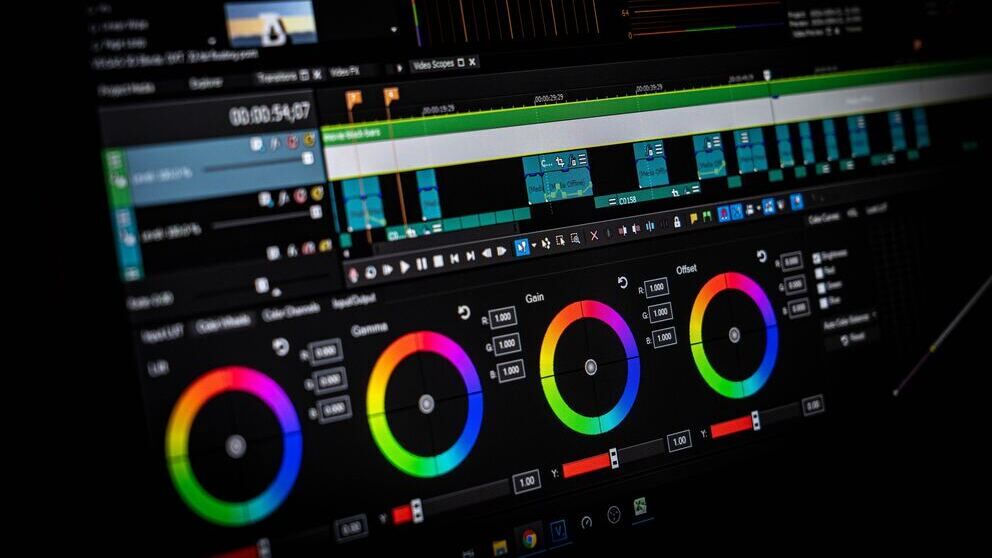While the two frontrunners in the NGA codec stakes are similar in many ways, a comparison of their background and frame of reference gives some interesting insights, writes John Maxwell Hobbs.
The two leading implementations of Next-Generation Audio (NGA) are Dolby AC-4 and MPEG-H 3D audio. Although they are both based around a central set of recommendations from the ITU, they have different origins, advantages, and limitations.
Dolby AC-4 vs MPEG-H 3D Audio: Background
Multi-channel audio broadcasts have been around since 1881, when Clément Alder connected pairs of telephone lines to send stereo audio from the Paris Opera to rooms at the Paris Electrical Exhibition. Between 1890 and 1932, audio programmes using this technology were commercially available in France and England. Since that time, broadcasting has gone from a single audio channel to as many as 22...
You are not signed in
Only registered users can read the rest of this article.

Age diversity: What to do about an age-old problem?
In the era of the 100-year life, is it time for the M&E industry to revisit its relationship with age diversity? As mid-career challenges and skills shortages intensify, IBC365 investigates the professionals striving to give more, over longer periods of time.

MovieLabs: Creating an industry-aligned vision for the future of media creation
How MovieLabs is building on two decades of development in film and television to help guide the future of media creation.

CES 2026: “The ChatGPT moment for physical AI is nearly here”
Passive language-based text-to-video models are so last year. From the enterprise to the home to the creative suite, the future is multi-modal AI capable of massive three-dimensional world building and physical interaction.

Multi-camera live virtual production on a broadcast budget
German broadcaster SWR claims a world first live multi-camera virtual production with potential learnings for broadcasters everywhere.

M&E predictions and analysis: “It's going to be an exciting decade”
Four top media analysts reveal their data-backed assessments of 2025, as well as their predictions for 2026 and beyond.




